Welcome to the JamWithLauren Blog
Many of these articles are inspired by questions from our JWL students. If you can’t find a post that digs into the issues that are plaguing you, consider signing up for lessons with Lauren. When you sign up you will gain access to her amazing curriculum and be able to ask Lauren questions. Who knows, maybe your question will inspire the next post!
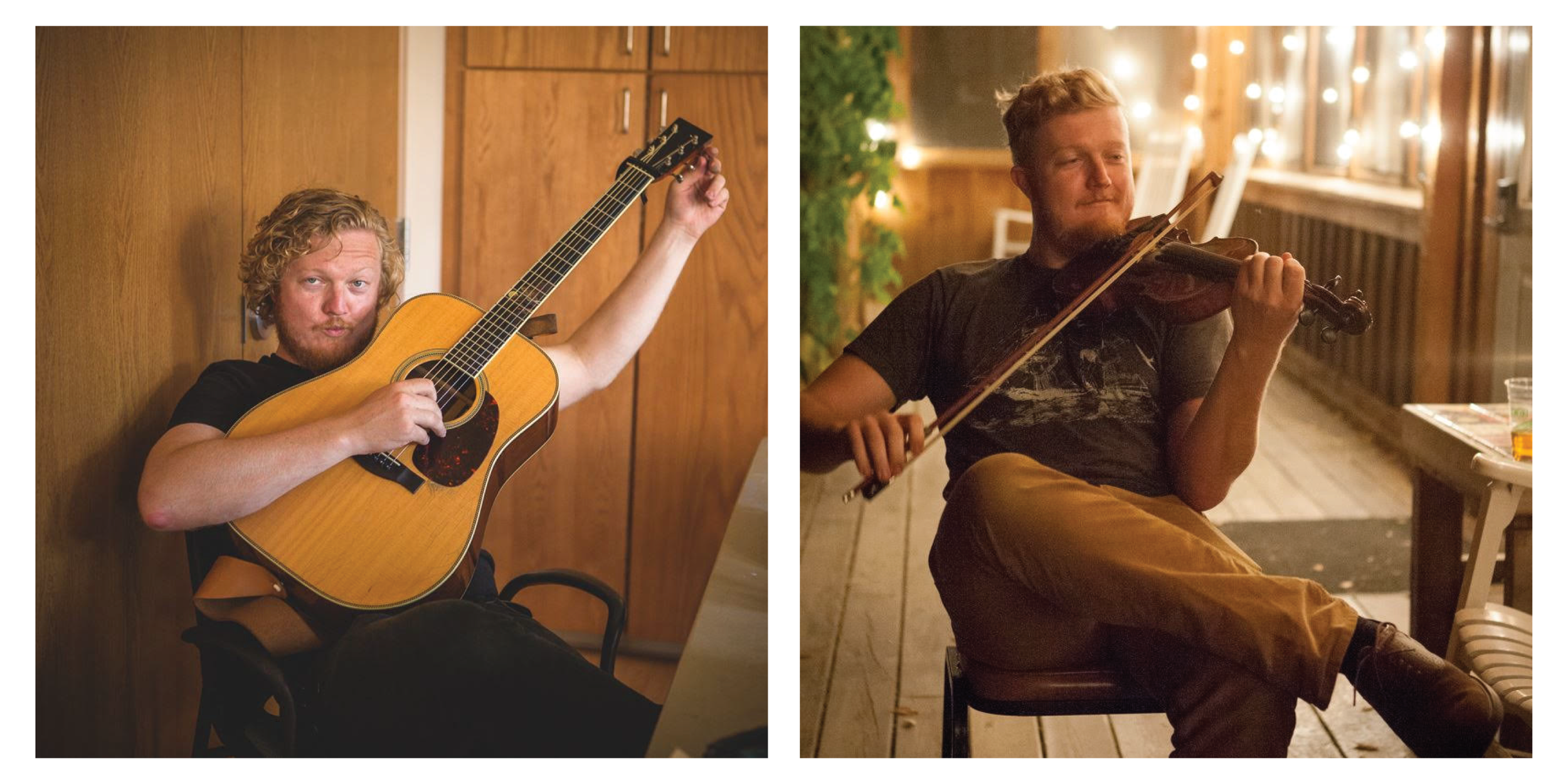
How Fiddlers and Guitarists Find the Sweet Spot: Where Creative Backing and Expressive Melody Meet.
Since fiddle and guitar are my primary instruments and I enjoy playing both in a variety of contexts, I thought I’d focus this piece on a tendency I’ve encountered for that instrumentation to lock one musician into the role of the backing player (guitar) and one into the role of the melody player (fiddle) in a way that can ultimately stifle the creative output of both players to the detriment of the overall musical experience.
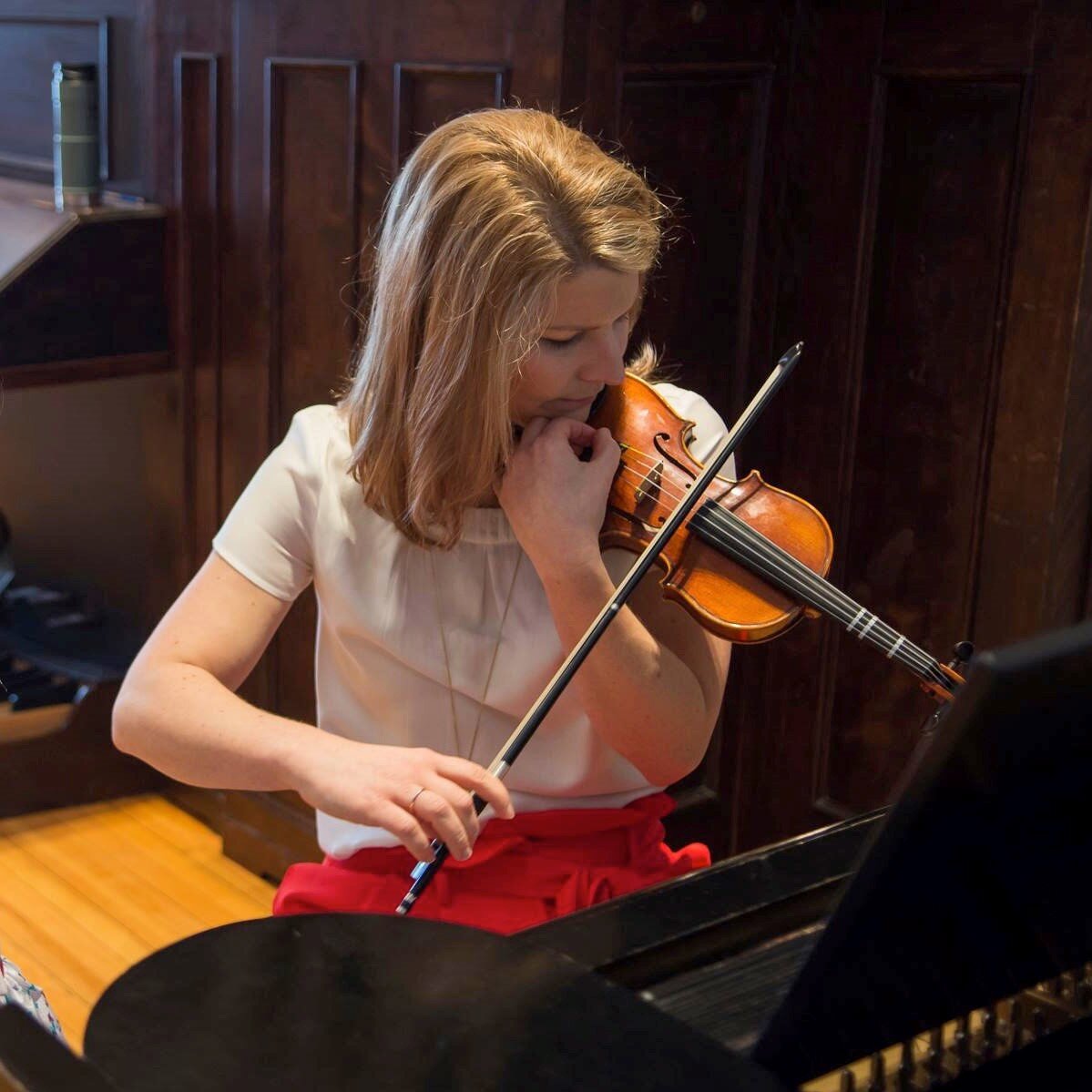
How To Cross Tune Your Fiddle
Cross tuning a fiddle is common practice in many traditions around the world, but often produces a bit of apprehension and confusion with musicians who are most comfortable with the ‘standard’ tuning of GDAE. Let’s demystify the process so you can begin to enjoy the benefits and fun idiosyncrasies of each tuning.
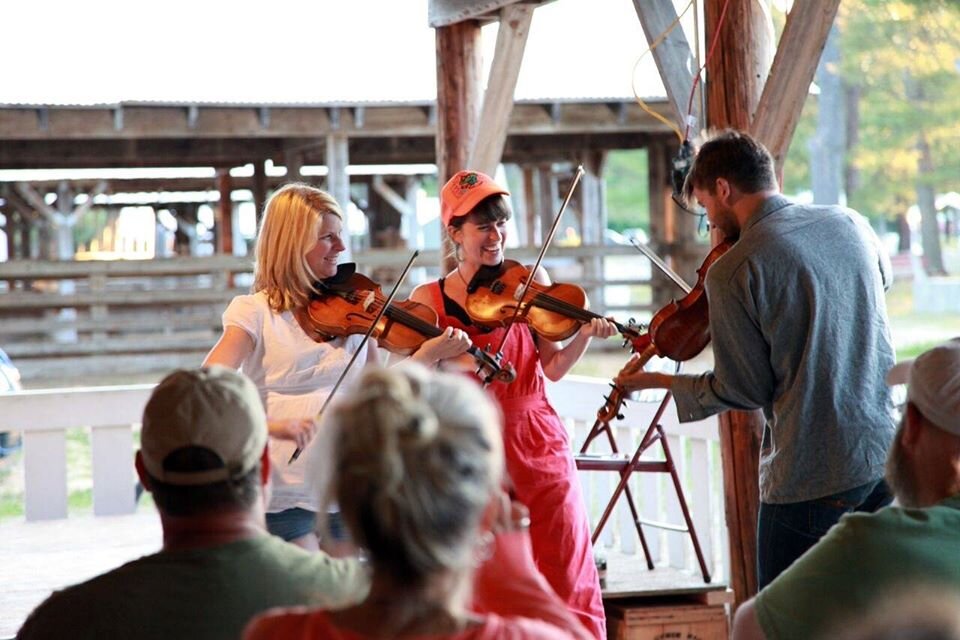
How To Create a Three Part Harmony
I have always looooved the sound of three-part harmonies - for voices and instruments. As a younger player who didn’t grow up learning harmony parts, I always wondered how other musicians could figure them out on the fly. Did they just know how the parts sounded and used their ears? Were there ‘rules’ that I just didn’t know about? Some of the time I could figure out a bit of a harmony part - if I lucked out that the third above or below the melody was also a chord tone, but I inevitably would get stuck and not know how to ‘fix’ it. Or all the notes would be ‘correct’ and yet all the parts wouldn’t blend together. So if this scenario sounds familiar to you, I’m here to help give a little guidance on how to figure out the tenor and baritone parts to complement your melody.
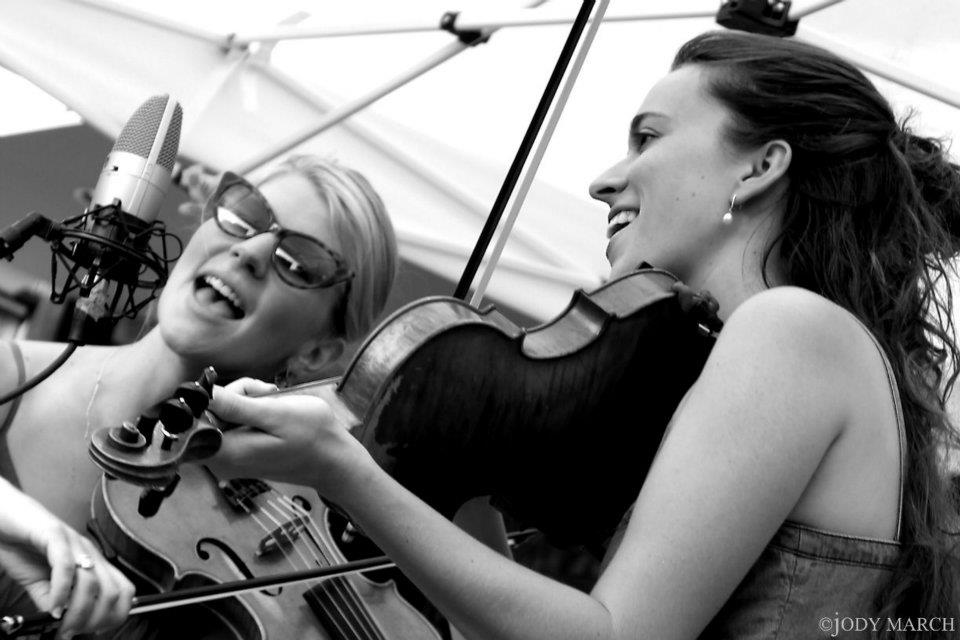
How To Sing While Playing A Bowed Instrument
Your voice is perhaps the most natural melodic instrument you’ll find, and the most portable! We were all born using our ‘pipes and chords’ and I urge you to sing, especially if for some reason you think you can’t. Because you can. Everyone can sing. It just takes practice. Like everything in life, amirite?
In this post, I’ll discuss ways your knowledge from your instrument and hands can help guide your voice to improve, and then vice versa.
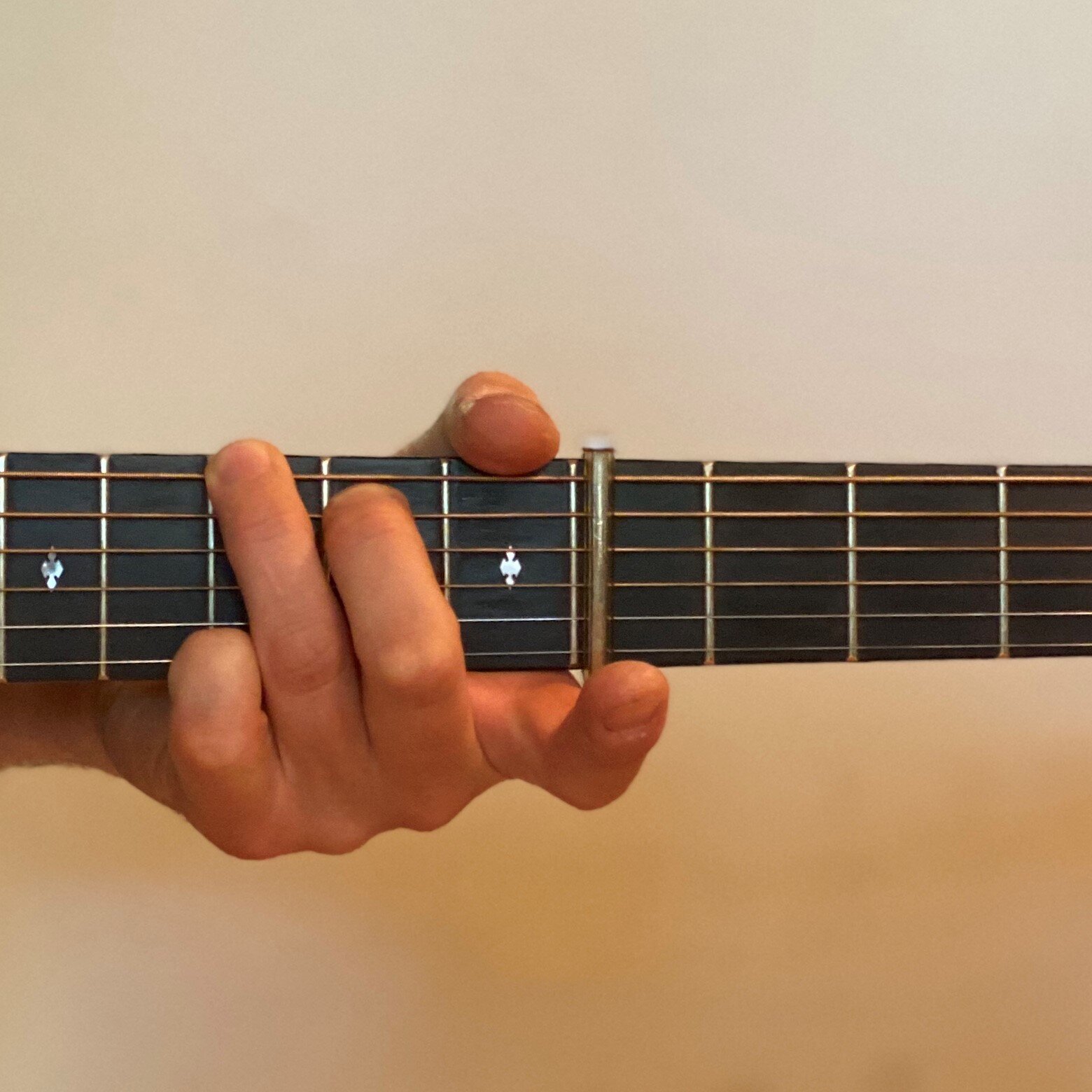
Chord Shapes and Capos: How To Decode a Guitarist’s Hands
This post is a guide to a common tool/tip/hack: watching the guitarist’s hands and understanding their chord shapes. Of course, you want to use this skill as a confirmation to what you’re hearing, and not rely on it completely. Why? Because what happens if the guitarist doesn’t know the chords? You’ll want to use these shapes and fingerboard knowledge in tandem with your own growing skill set of hearing and understanding chord progressions.
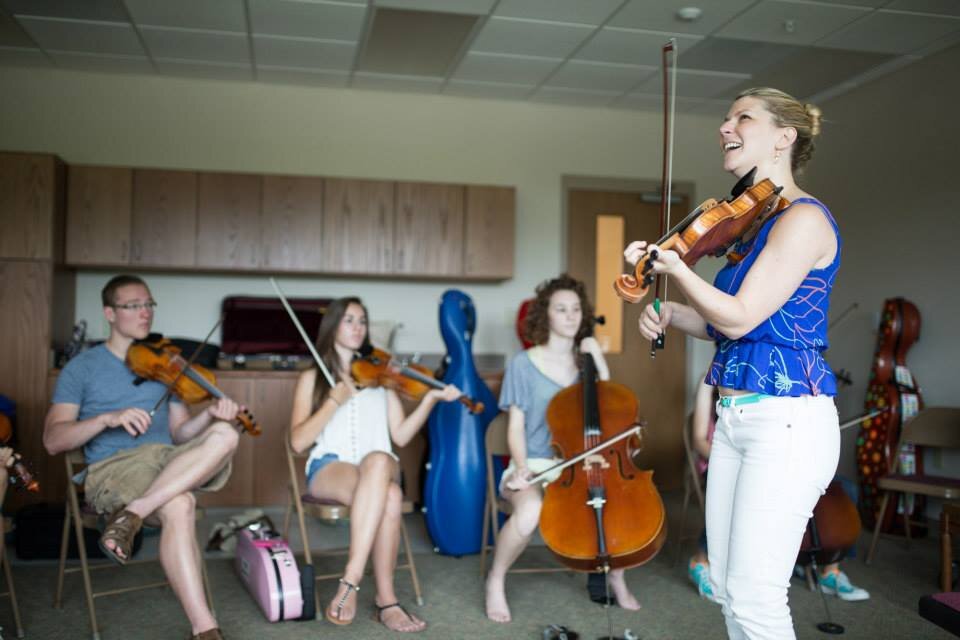
Figuring Out the Key: A How To for All Musicians
When I lead workshops and jams at fiddle camps, one of the most commonly asked questions is some variant of, “How do I know what key I’m in?”
This question often happens when someone has learned a fiddle tune melody and might be trying to figure out the chords, or just tell their guitar playing friend what the key is so the friend can have a go at it.
